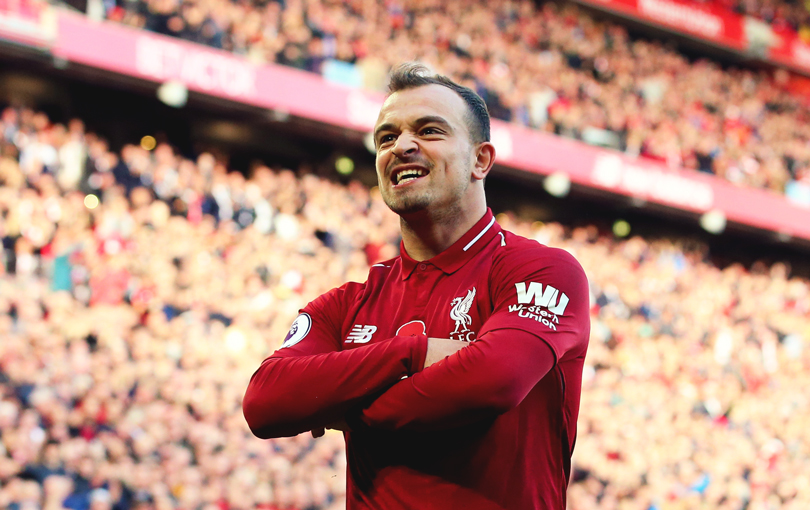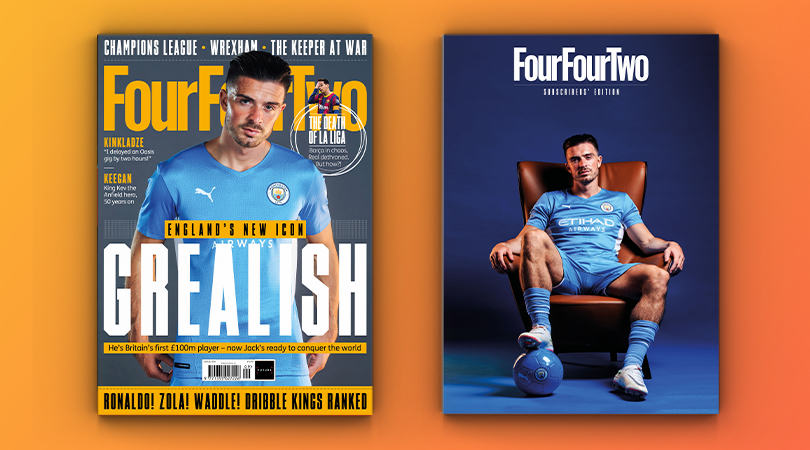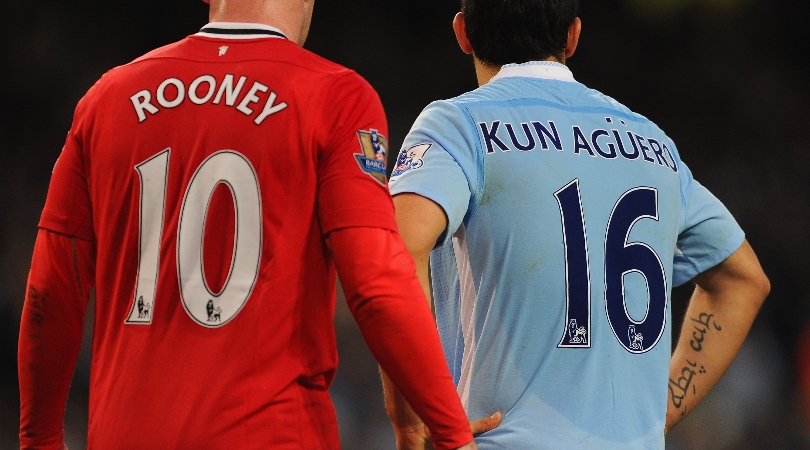How Xherdan Shaqiri became the model squad player while at Liverpool
Shaqiri leaves Liverpool with a legacy consisting mostly of three big games - but the Swiss attacker has been a success of sorts at Anfield and a blueprint for similar players

Xherdan Shaqiri’s last Liverpool goal came against Lincoln. His most recent for Switzerland in a Euro 2020 quarter-final against Spain. A couple of weeks earlier he had scored twice, once in spectacular style, against Turkey, ensuring he took his place in a select group alongside Cristiano Ronaldo, Romelu Lukaku and Ivan Perisic of players who have scored in each of the last two World Cups and European Championships.
Yet while his time at Liverpool descended into anti-climax, with no goal in almost a year and only seven league starts in his last two injury-hit seasons, the ability showed at major tournaments highlighted why it was a rare kind of success. The creative fulcrum for his country was a cut-price, bit-part player for his club, but briefly the small man for the big occasion.
As Shaqiri is set to leave Liverpool for Lyon, his Anfield career boiled down to three occasions; days when he emerged from the shadows to star.
He was the man who finished off Jose Mourinho, coming off the bench to score twice to turn domination into victory in a 3-1 defeat of Manchester United. He was one of the unlikely executioners of Barcelona, taking the injured Mohamed Salah’s place in the Champions League semi-final second leg and crossing for Gini Wijnaldum’s second goal in Liverpool’s 4-0 win. He and Divock Origi reprised their roles as inspired stand-ins when they were surprisingly parachuted in for a Merseyside derby and led Liverpool to a 5-2 triumph; it meant Marco Silva suffered the same fate as Mourinho.

That capacity to flourish on such stages made Shaqiri a different sort of squad member at an elite club. There are some who represent the solid citizens that, cliché has it, will never let anyone down but lack the talent of the starters. Then there are those who price tag and profile suggests they should be in the side, which can create problems if they are not.
Shaqiri came for £13 million from relegated Stoke but with the gifts to turn matchwinner. If players of his ilk face a decision whether to be a leading man off-Broadway or to take a lesser role on it, Liverpool, unlike Switzerland, were never going to grant him the leading role in the cast.
Indeed, the presence of Salah meant Shaqiri was logically only ever going to be an understudy. Injuries were a reason he faded from contention; perhaps, Stoke would argue, inconsistency and a relative lack of interest in defending meant he would have never locked down a place in a Jurgen Klopp team anyway. Shaqiri nevertheless had the charisma, confidence and quality to offer a different option. There was a time when 4-2-3-1 became their Plan B, adding ‘Shaq’ to the attack and moving Salah to become the spearhead.
Get FourFourTwo Newsletter
The best features, fun and footballing quizzes, straight to your inbox every week.
YES BIG SHAQ! 🔥Incredible @trentaa98 ball 😱Brilliant touch, run and pass from Sadio 💫Superb finish from @XS_11official ⚽️BEAUTIFUL 🤩 pic.twitter.com/kiMUHBuYAqDecember 5, 2019
That knack for turning big games deserted him in Liverpool’s traumatic start to 2021; he could bring an x-factor to a brilliant side, rather than single-handedly rouse a struggling one.
Perhaps three years at Anfield came down to three games, but Shaqiri’s capacity to produce memorable moments rendered him a footballing success. In a way, too, he was a financial one. A £9.5 million fee will give them a slight loss and a club that have excelled at making profits for unwanted players might well have banked £20 million in a pre-COVID economy.
But as back-ups at major clubs go, he became the anti-Danny Drinkwater, acquired relatively cheaply, capable of delivering when it mattered most and sellable. For Liverpool, he may have represented even better business because they have an internal successor in Harvey Elliott, who shares a similar skillset.
But in joining David Fairclough and Howard Gayle in the tradition of Anfield reserves who made crucial contributions to European Cup wins, Shaqiri made himself the model for squad players.
Subscribe to FourFourTwo today! Guarantee the finest football stories and interviews dropping on your doorstep first every month.
NOW READ
LIST 12 of the most shocking player vs fan punch-ups
FANTASY PREMIER LEAGUE FourFourTwo writers reveal their FPL teams
ARSENAL It's not the defeats that are worrying for Arsenal – it's the total lack of creativity
Richard Jolly also writes for the National, the Guardian, the Observer, the Straits Times, the Independent, Sporting Life, Football 365 and the Blizzard. He has written for the FourFourTwo website since 2018 and for the magazine in the 1990s and the 2020s, but not in between. He has covered 1500+ games and remembers a disturbing number of the 0-0 draws.

